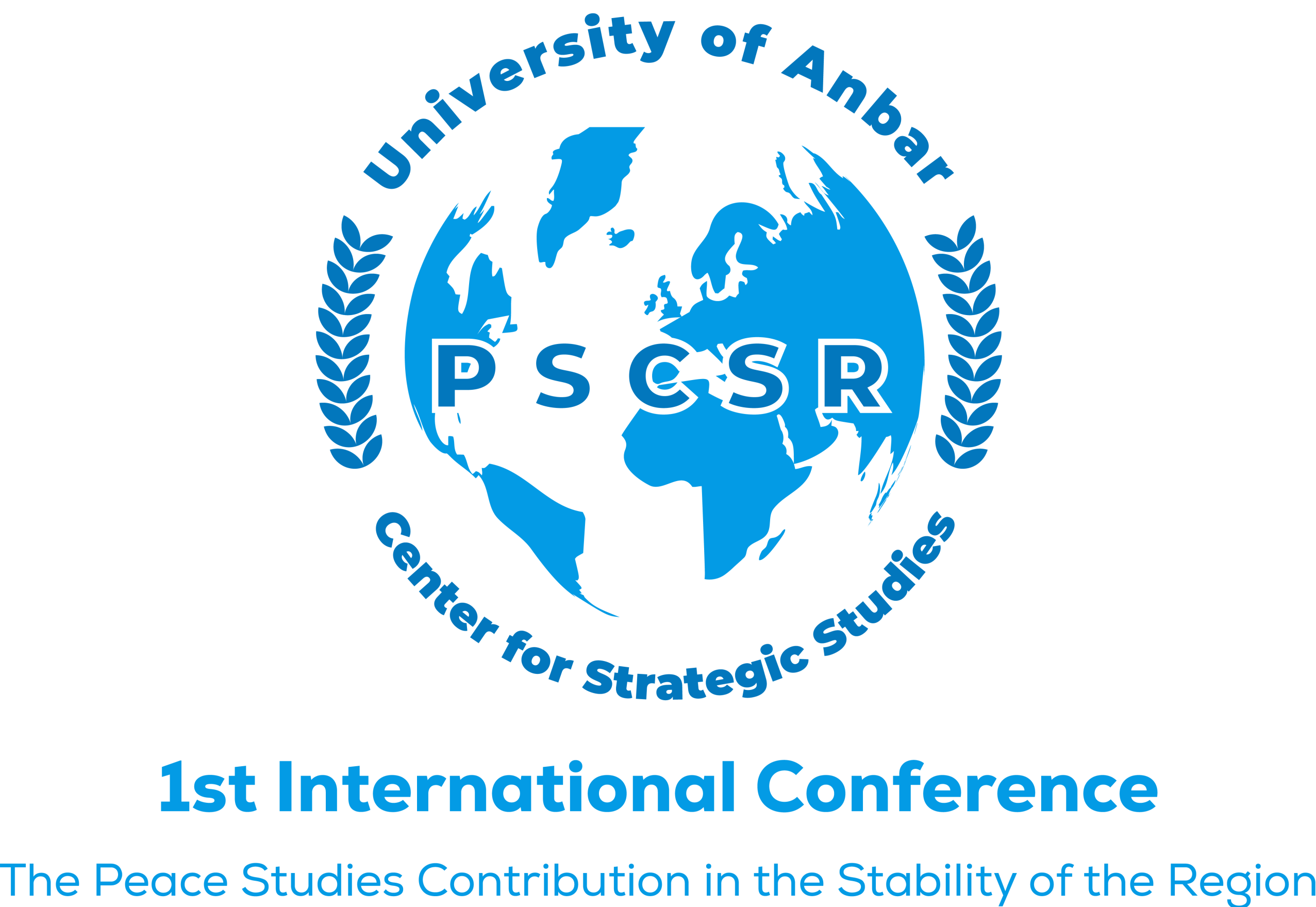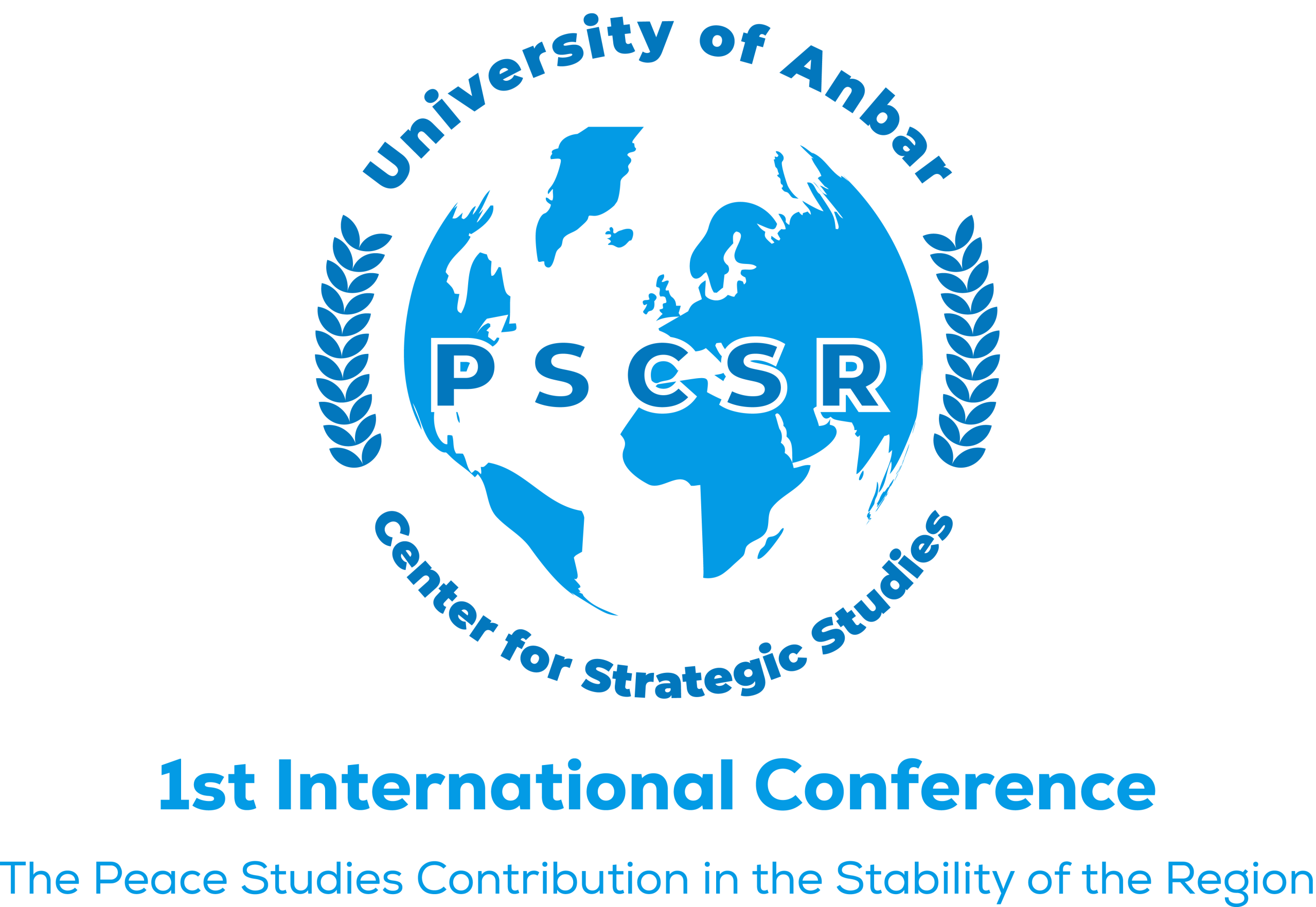- Legal Theme
This theme explores the promotion of the rule of law as a vital instrument for peacebuilding and achieving stability. It addresses the roles of reconciliation and transitional justice in fostering societal cohesion, as well as the contribution of public administration to maintaining security and public order. It also examines the impact of constitutional, administrative, financial, criminal, and social laws in promoting stability and addressing threats to peace. In addition, the theme considers legal mechanisms for protecting rights and their role in achieving sustainable peace, alongside the influence of international law and treaties in peacebuilding and securing fundamental rights.
- Political and Economic Theme
This theme focuses on advancing political, economic, security, and societal stability in the Middle East. It examines the role of political systems in peacebuilding and post-conflict state reconstruction, highlighting experiences of political stabilisation and community-based peacebuilding in countries affected by crises. The theme also emphasises the importance of good governance in fostering social cohesion and economic development, and the implementation of policies to combat poverty and unemployment as mechanisms to support peace and counter extremism and terrorism. The role of political parties and active elites in peace processes and political stabilisation is also explored.
- Religious Theme
This theme investigates the role of religions in promoting a culture of peace, rejecting violence and extremism, and reinforcing spiritual and ethical values to build cohesive and tolerant societies. It explores concepts of peace within the Abrahamic religions, religious texts that encourage dialogue and renounce violence, and the role of religious institutions in conflict resolution. The theme also addresses religious initiatives in community reconciliation, the use of moderate religious discourse as a tool for peace and counter-extremism, and the role of religious education in spreading values of peace and tolerance. In addition, it examines curriculum development aimed at promoting tolerance, and historical Islamic models of peacebuilding.
- Strategic and Security Theme
This theme highlights the significance of security in achieving regional stability by analysing the key security challenges and threats facing the region. It underscores the role of strategic studies in supporting peacebuilding efforts and promoting collective security through scientific and institutional approaches. The theme also explores mechanisms for integrating peacebuilding tools with security policies to ensure sustainable stability and peaceful coexistence.
- Social Theme
This theme promotes the values of tolerance, peaceful coexistence, and mutual respect among diverse social and cultural groups, while opposing discrimination and marginalisation. It discusses the importance of including these groups in decision-making processes to ensure social justice. Emphasis is placed on the pivotal role of civil society organisations and local leadership in fostering community dialogue and building trust among citizens in the pursuit of a conflict-free society.
- Educational and Psychological Theme
This theme explores the role of education in promoting a culture of peace and tolerance. It focuses on human rights education as a foundation for building stable and inclusive societies and highlights the contributions of universities and research centers to advancing peace studies. The theme also discusses the role of education in reducing conflict and supporting long-term stability, as well as the importance of psychological well-being in post-conflict recovery.

